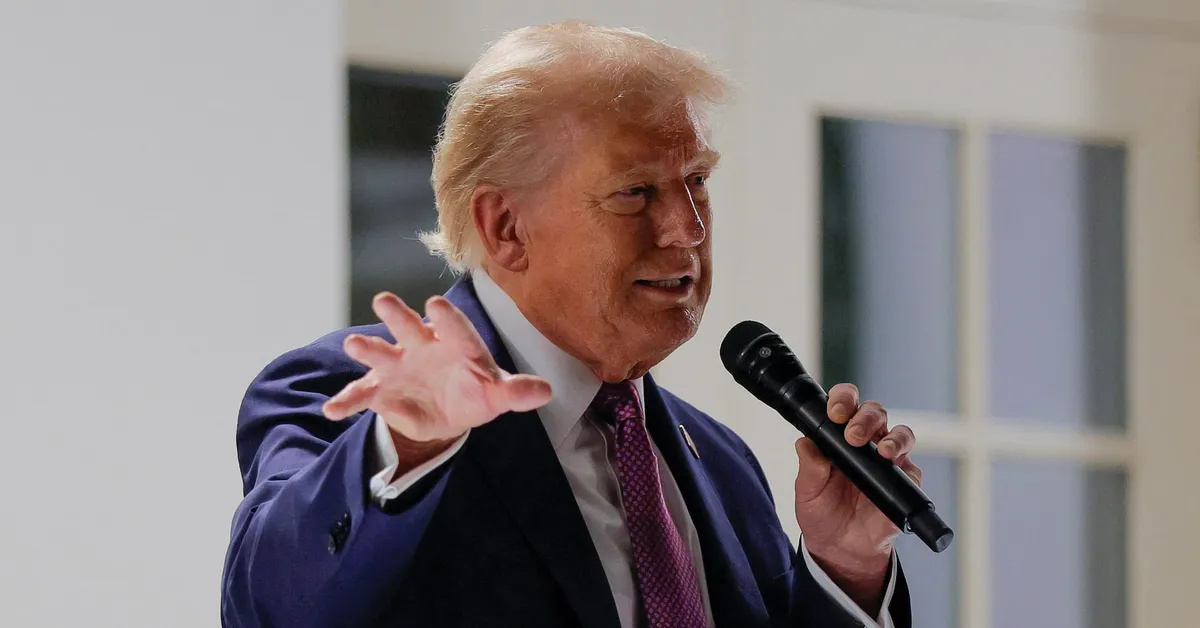
On September 7, 2023, during a press conference, U.S. President Donald Trump indicated that he is prepared to initiate a second phase of sanctions against Russia. This announcement marks Trump's most definitive stance regarding increasing penalties on Moscow and its oil purchasers amidst the ongoing conflict in Ukraine. Historically, Trump has consistently threatened further sanctions but has refrained from implementing them as he sought to foster peace talks.
Trump's latest remarks suggest a shift towards a more aggressive approach, although he was careful not to commit to any specific actions or detail what this second phase of sanctions might involve. When questioned by a reporter at the White House about his readiness to escalate sanctions against Russia, Trump affirmed, "Yeah, I am," without providing additional context or elaboration.
The President has expressed frustration regarding his inability to halt the ongoing conflict in Ukraine, a situation he initially believed he could resolve quickly upon taking office in January. This sentiment reflects a growing impatience as the war continues to escalate, with no clear end in sight. Following his remarks, the White House did not respond immediately to inquiries regarding the specific measures Trump might consider as part of this potential escalation.
Trump's comments were also a response to prior discussions he had on defending the sanctions already imposed on Russia. These actions include implementing punitive tariffs on India's exports to the U.S., which took place last month. India, a significant buyer of Russian energy exports, has been affected by the broader economic repercussions of the war, as Western buyers have significantly reduced their purchases.
During his address, Trump emphasized the substantial financial impact of existing sanctions, stating that they have cost Russia "hundreds of billions of dollars." He argued that the measures taken thus far should not be viewed as insufficient, asserting, "You call that no action? And I haven't done phase two yet or phase three."
In a related statement, Treasury Secretary Scott Bessent mentioned that the United States, alongside the European Union, could impose secondary tariffs on countries that continue to purchase Russian oil. This strategy aims to push the Russian economy towards collapse, thereby compelling Russian President Vladimir Putin to engage in negotiations regarding the ongoing conflict.
As the situation continues to evolve, it remains to be seen how these potential sanctions will impact global markets, particularly given that China is another major buyer of Russian energy. The international community is closely monitoring these developments, as they could have significant ramifications for both the Russian economy and geopolitical relations.